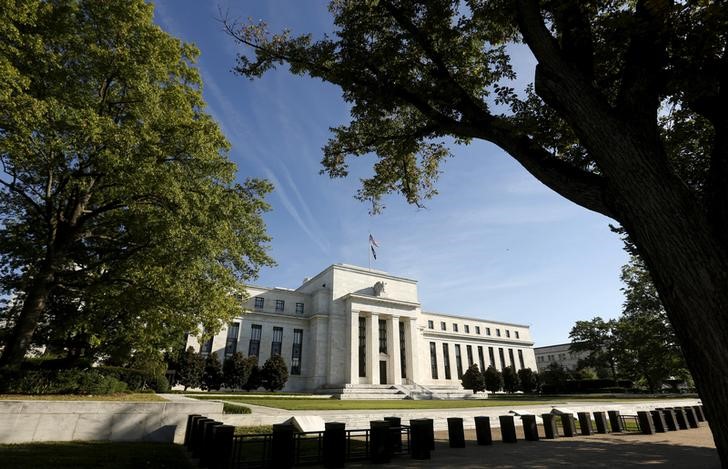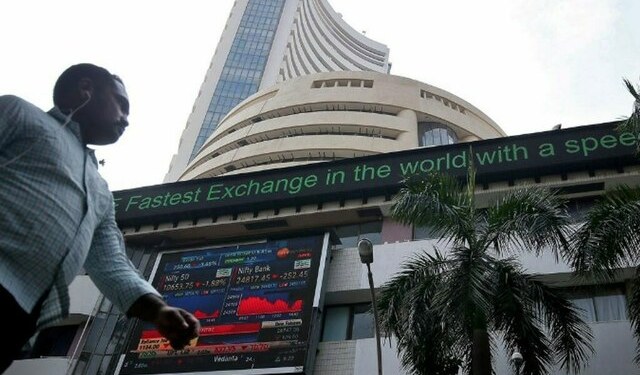 © Reuters. FILE PHOTO: The Federal Reserve building in Washington
© Reuters. FILE PHOTO: The Federal Reserve building in WashingtonBy Pete Schroeder
WASHINGTON (Reuters) – The Federal Reserve fined five large U.S. banks a combined $35.1 million to settle cases of mortgage servicing flaws dating back to 2011.
The central bank announced the fines against Goldman Sachs (N:), Morgan Stanley (N:), CIT Group (N:), U.S. Bancorp (N:), and PNC Financial (N:) as part of a broader effort to terminate enforcement actions begun in 2011 and 2012 against large banks for mortgage servicing shortcomings.
Ally Financial (N:), Bank of America (N:), HSBC North America Holdings, JPMorgan Chase (N:) and SunTrust Banks (N:) had already paid penalties for similar issues. All 10 banks had enforcement actions under the Fed ended on Friday, as the regulator cited “sustainable improvements” in their servicing practices.
Goldman is set to pay the largest fine of the five announced today, totaling $14 million. Morgan Stanley agreed to pay $8 million, CIT will pay $5.2 million, U.S. Bancorp will pay $4.4 million, and PNC will pay $3.5 million.
All told, the Fed said it had assessed $1.1 billion in fines against 14 banks for mortgage servicing shortcomings, which became widely known in the wake of the 2007-2009 financial crisis as more homeowners struggled to stay current on their loans.
At the same time, the Fed announced it was terminating enforcement actions against a pair of mortgage servicers. Lender Processing Services, Inc., succeeded by ServiceLink Holdings LLC, and MERSCORP Holdings, Inc., formerly known as MERSCORP, Inc., both faced enforcement actions from financial regulators for issues tied to foreclosure-related services.
In a separate enforcement action, the Fed announced it had fined Goldman Sachs $90,000 for violations tied to the National Flood Insurance Act.
Fusion Media or anyone involved with Fusion Media will not accept any liability for loss or damage as a result of reliance on the information including data, quotes, charts and buy/sell signals contained within this website. Please be fully informed regarding the risks and costs associated with trading the financial markets, it is one of the riskiest investment forms possible.
Source: Investing.com




























